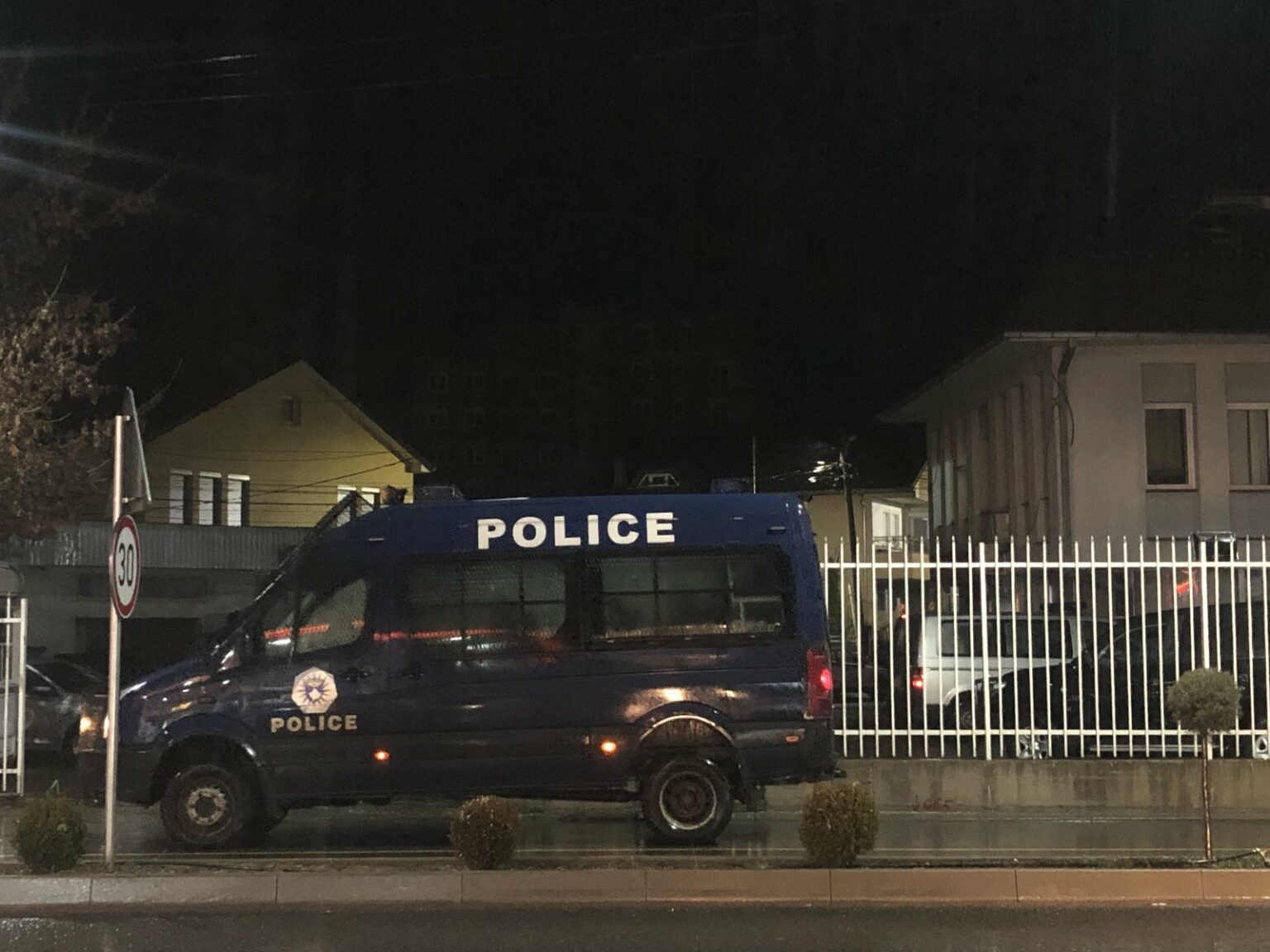

The prosecution has charged two Hidrodrini company staffers over a case of contaminated water that caused hundreds of locals in Decan/Decani to fall ill in July 2021.
The Peja/Pec Basic Prosecution charged two officials of the Kosovo water supply company Hidrodrini in Peja/Pec, related to water poisoning in Decan/Decani in July 2021.
Prosecutor Dorjan Juniku confirmed on Monday that they were charged with involvement in the poisoning of around 1,500 people in the Decan/Decani area.
Juniku told the media that “872 [people] had water poisoning symptoms”, adding: “The head of a department is charged with the crime of causing general danger,” while a chemist was charged with “not preventing” the danger.
According to Juniku, the water contained bacteria and there were either no tests or few tests conducted.
At first, two ethnic Serb officials were named as suspects. However, they “turned out not to be involved in the case”.
On July 13, 2021, the municipality of Decan/Decani declared a state of emergency after around 880 people fell ill as a result of drinking supposedly contaminated water.
Residents in the villages of Prejlep, Rastavica, Irzniq, Gllogjan, Shaptej, Gramaqel, Baballoq, Ratisha and Jasic i Ri all claimed they suffered from diarrhoea, dizziness, nausea and vomiting.
Suspicions were raised that the reported illnesses were caused by drinking water supplied by a company called Hidrodrini.
Based on these suspicions, the prosecution said Hidrodrini’s water should not be used for drinking in ten villages in Decan/Decani.
The head of the National Institute of Public Health, NIPH, Naser Ramadani, said at the time that, “according to first results, chemically there is no problem with the drinking water”.
But the company stopped the water supply the moment that reports appeared that people had fallen ill.
It later said the water supply for the area in question would be restored but cautioned that the water should “not be used for drinking, but only for sanitary and hygienic needs”, for the moment.
Zenel Kadriaj, from the village of Rastavica, had told BIRN that the water was coloured and had a large amount of chlorine in it. But another man, Hysni Alickaj, from Irzniq, said that his five daughters fell ill – but not as a result of the drinking water because he did not have running water in the house.
Ramadani, director of NIPH, had also told the media that some people displayed symptoms who had not consumed water supplied by Hidrodrini.
08 February 2022 - 11:22

Permits to construct hydropower plants on the Lumbardh River in Kosovo...

The prosecution has charged two Hidrodrini company staffers over a cas...

PM and President express indignation over gun attack on bus in village...

In the Dukagjini region - Peja, Decan and Gjakova - over 70 villages l...